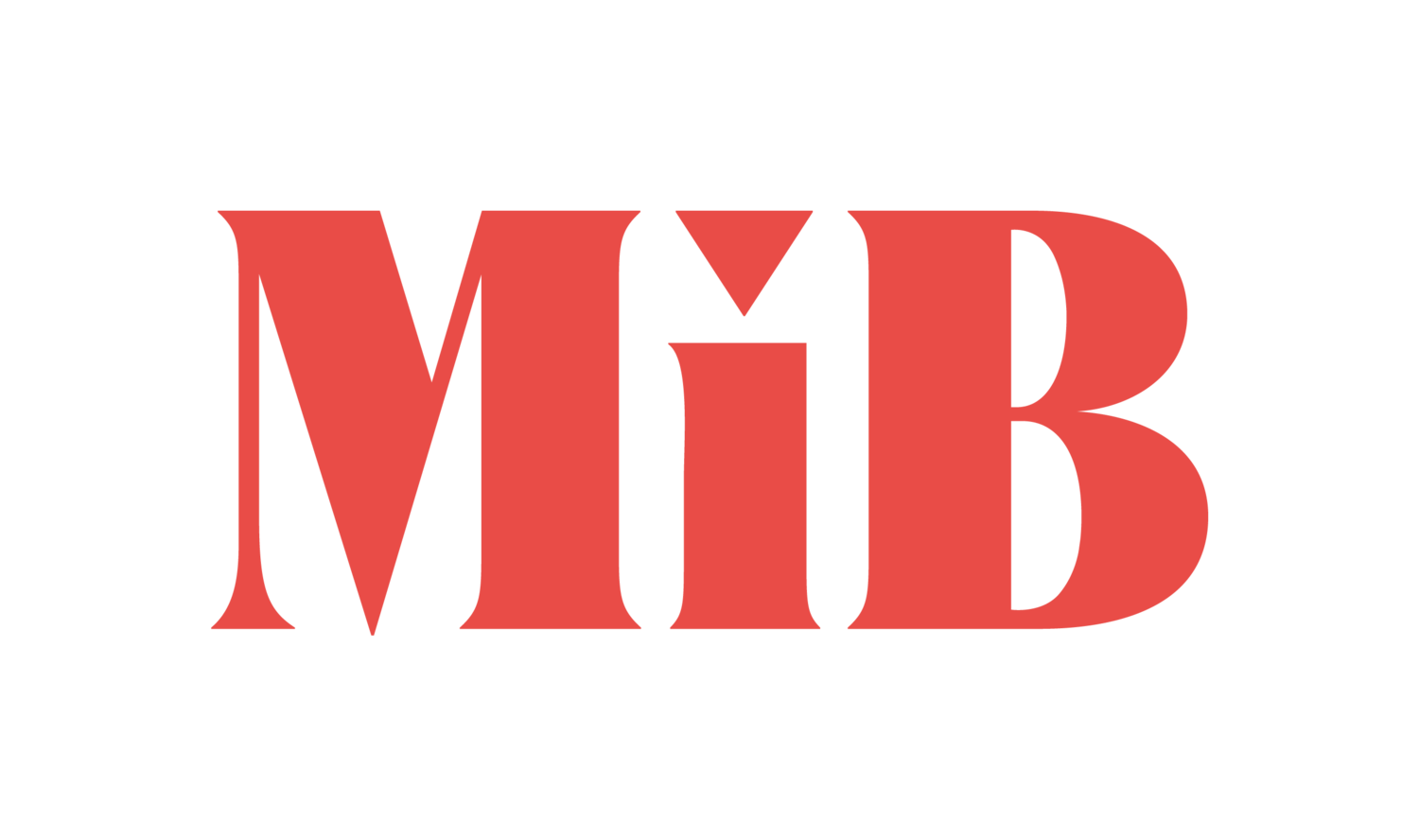The joint morning seminar of MiB’s International project and the HEI LIFE project, which took place at Tiedekulma on 8 June, focused on international talents’ employment obstacles and opportunities.
DEI expert Sara Salmani, who was one of the speakers at the event, says that social discussions such as Black Lives Matter and Me Too have boosted the demand for inclusion and equality around the world.
However, in Finland, finding solutions has been slow. For example, German and Canadian organizations have developed diversity earlier than Finnish ones.
“Almost 40 percent of Finnish employers have very poor abilities and the will to hire international labour”, says Coordinator Regina Ainla from Business Finland’s Talent Boost programme.
International networks benefit employers
According to a study by Business Finland, companies which have hired experts with an international background during the pandemic, have surpassed other companies even during the pandemic.
“The research results indicate that the networks which expand along with diversity provide companies with both customers and new employees. Foreign networks also benefit the employer”, Regina Ainla says.
Ainla encourages contemplating what would support the organization’s internal path to internationalization.
“The ability to manage an international team requires recruitment competence, managerial work which takes internationality into account and developing the work culture into a multilingual direction. It is useful to start the change even with small steps so that the organization is not left behind in the competition.”
In recruitment, language awareness is worth investing in
According to Coordinator Sanna Nykänen from THL (the Finnish Institute for Health and Welfare), acknowledging diversity requires resources and planning, but the work bears fruit quickly and for the long term.
“In THL’s Manifold more project, we targeted the social media communications of a recruitment experiment in several languages. We gained positive experiences and plenty of applicants”, Nykänen says.
Even up to a half of those with a foreign background consider their insufficient language skills to be the greatest obstacle to finding employment. Project Manager Gunta Ahlfors from Väestöliitto (the Family Federation of Finland) says that the employer should always define the true language skills required by a task.
“The language skills do not usually have to be at the level of native speakers. Similarly, spelling mistakes in job applications should be proportioned with the applicant’s language skills and accept the applications’ different narratives.”
To be able to recruit an international talent in the team, all parties must also succeed in the interview.
“I would avoid closed and leading questions. I would speak clearly and give the applicant time to formulate their answers. I would also contemplate on how I view the lack of a Finnish referee”, says Alhfors.
Work culture is becoming multilingual
According to all speakers and panellists of the seminar, work communities need to recognize the structural obstacles to diversity and have even uncomfortable discussions to dismantle them.
“In the internationalization of work culture, how language awareness is taken to the everyday life is at the core. Multilingualism should cover meetings and email communications, documents, reports, events and social media”, Sanna Nykänen comments.
Expert by experience and cultural expert Afrah Al Bayaty hopes that the potential of the work community is not lost in the change.
“International talents should be included in the discussion and in developing solutions. Without them, organizing workshops is just a waste of time”, Al Bayaty says.
According to Gunta Alhfors, promoting diversity should be on the agenda of every one of us.
“The responsibility for the realization of inclusion work touches upon all of us in practice, not just the management and HR”, Gunta Alhfors says.
The stream from the Tiedekulma event can be soon viewed with English subtitles.
P.S. We chose Finnish as the language of the seminar, because in particular we tried to reach the HR professionals and managers of work communities, for whom the topic is new and who can act as the promoters of change in work communities.
We compiled solutions for organizations’ diversity and inclusion work below – pick the first step!
Tools for boosting diversity and inclusion:
Opas – Miten edistää monimuotoisuutta rekrytoinneissa? (material available only in Finnish)
Oppaat yhdenvertaisuussuunnitteluun (material available only in Finnish)
Työpaikkasuomi ja –ruotsi (material available only in Finnish)
Kieliverkosto – kielitietoinen asiantuntijatyö (material available only in Finnish)
Weallfinland.fi – social and economic sustainability of future working life
Talent Boost työelämän monimuotoisuuden työkalut (material available only in Finnish)
Add your workplace in a service free of charge: Jobsinfinland.fi
Try out the Harvard Implicit Association test and identify your unconscious presumptions
References:
Business Finland Monimuotoisuuden tutkimus
Barona työnantajatutkimus 2021
Teknologiateollisuus osaajatarveselvitys 2021
Kotona Suomessa –raportti (2020)
The MiB International project supports international, career-oriented mothers. Our target is a more diverse and family-friendly working life and improving the labour market status of international talents. Every year we organize dozens of events which develop professional competence and increase well-being. The group of over four thousand MiB mothers guarantees peer support and creating valuable networks. Join today – for the love of career and family.
HEI LIFE is a national project to develop the services aimed at international academics. Its aim is to support the integration of international academics and their families living and working in Finland. In the project, higher education institutions in the Helsinki region, Tampere and Turku develop national service models to support the integration of international academics and their families and to boost the internationalization of the higher education community.




